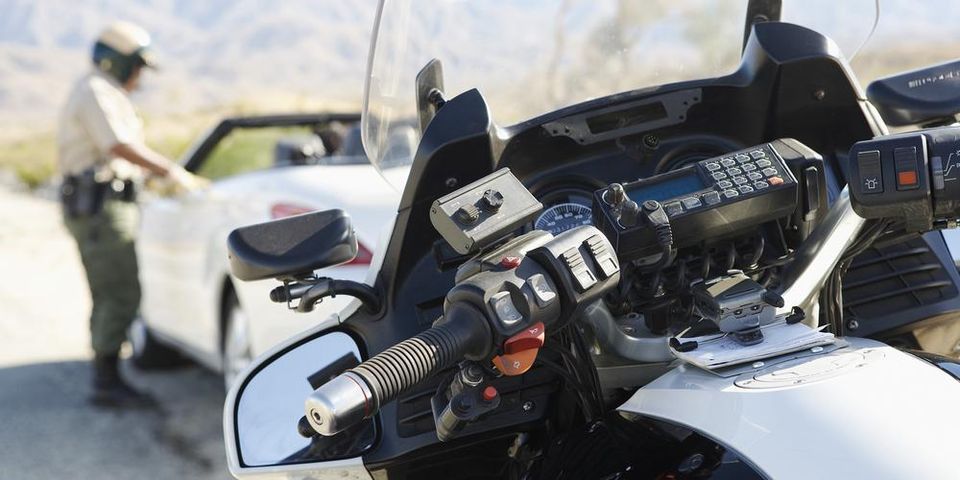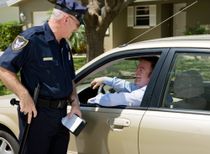How to Properly Respond to Police Questioning During a Traffic Stop

Though inconvenient and frustrating, getting pulled over by the police typically results in nothing more than a quick citation for a minor infraction. However, when handled improperly, a routine traffic stop can turn into something more serious. This is why the lawyers at Watson Law Firm of Harrison, based in Boone County, AR, emphasize the importance of knowing how to engage with law enforcement in an appropriate manner. Below, they discuss the right way to respond to police questioning if you’re ever stopped on the side of the road.
How to Interact With an Officer When You Get Pulled Over
Be Helpful & Non-Threatening From the Beginning
When you stop the vehicle, pull over on the shoulder far enough that you can have the back end of your car further from the road than the front. This gives the officer a clear view of you and the vehicle. Have your window down and both hands on the steering wheel until the officer asks for your information.
If there is no room to safely pull off the road, turn on your blinkers and proceed slowly to a location for you to pull off the road for everyone’s safety. Then, roll your window down and wait for the officer to approach your car.
Have Your Information Ready to Hand Over
Usually, the first thing an officer will ask for is a driver’s license, registration, and insurance information. It’s best to have all of this ready to hand over, but if you don’t, let the officer know you need to retrieve these items and make sure you have their permission to do so. When asked any questions about these documents, answer as clearly and concisely as possible.
Remain Respectful & Cooperative
 Although you might feel the traffic stop was unwarranted, it’s important to be polite when speaking with law enforcement. Never argue with the officer that stopped you. Even when refusing to answer questions, make sure to do so calmly and respectfully so you’re not accused of being combative. Remaining courteous and cooperative will keep the situation from escalating and prevent delaying your ability to leave. If the stop was unwarranted, contest the charge later before a judge. Telling an officer they are making a mistake will seldom help you or result in fewer charges.
Although you might feel the traffic stop was unwarranted, it’s important to be polite when speaking with law enforcement. Never argue with the officer that stopped you. Even when refusing to answer questions, make sure to do so calmly and respectfully so you’re not accused of being combative. Remaining courteous and cooperative will keep the situation from escalating and prevent delaying your ability to leave. If the stop was unwarranted, contest the charge later before a judge. Telling an officer they are making a mistake will seldom help you or result in fewer charges.
Consider Exercising Your Right to Remain Silent
Understand that no matter what the police officer tells you, the Fifth Amendment does not require you to answer their questions without a lawyer present. Regardless of how harmless an officer’s questions may seem, it’s likely they are probing you for information that can be used as evidence to prove further wrongdoing on your part. It’s in your best interest to answer questions with short responses or assert your right to remain silent until you can seek counsel from an experienced lawyer. Never try to explain why you should receive a pass. Being respectful is your best shot at receiving favorable discretion from the officer.
How you react to law enforcement during a traffic stop will make a significant difference in your otucome. In the event the situation takes a turn for the worse, rely on a lawyer from Watson Law Firm of Harrison to help protect your rights. They will determine if the police abused their authority in any way to build a case against you. Contact them at (870) 704-4037, or send a message through their website.
About the Business
Have a question? Ask the experts!
Send your question

